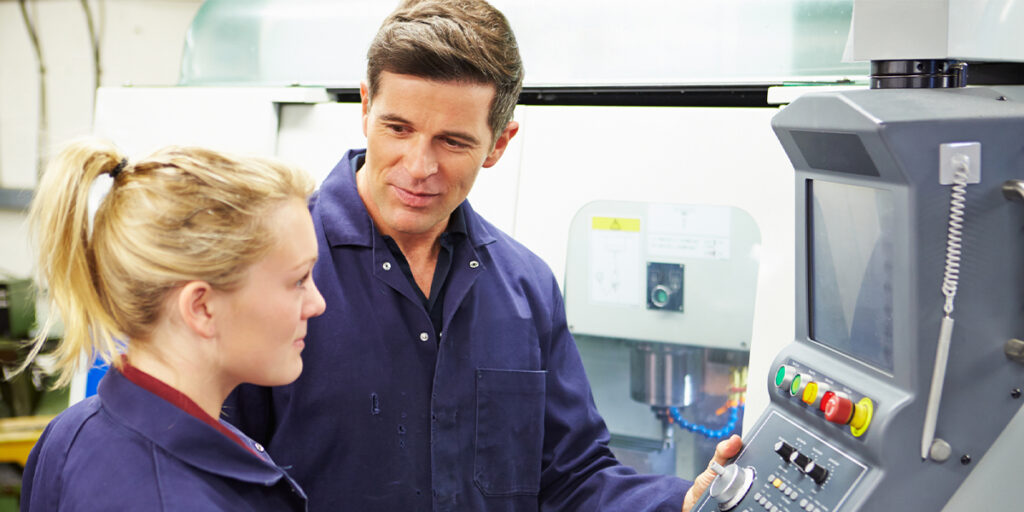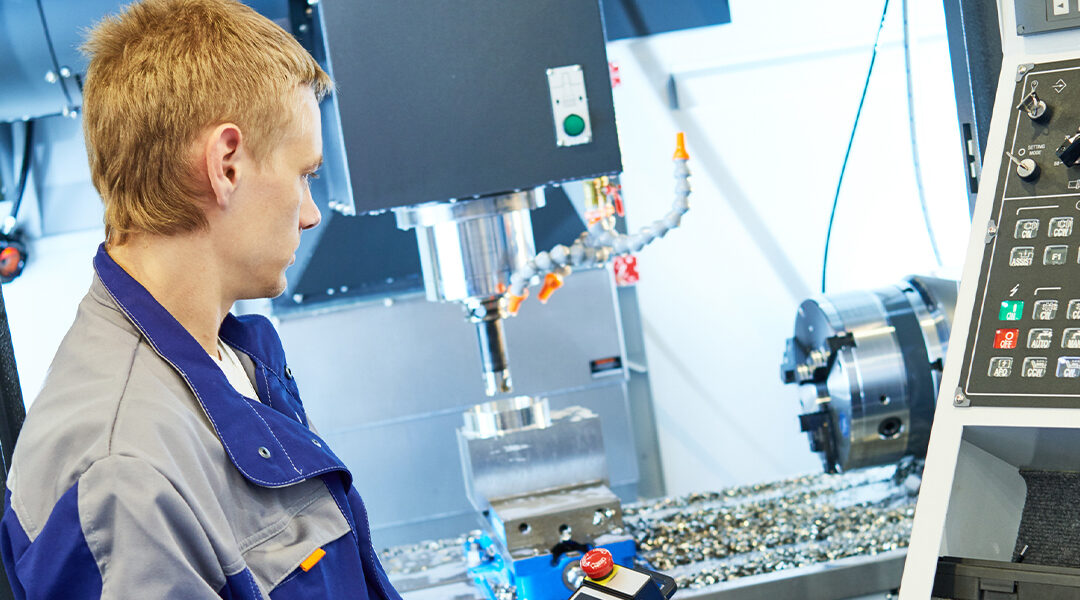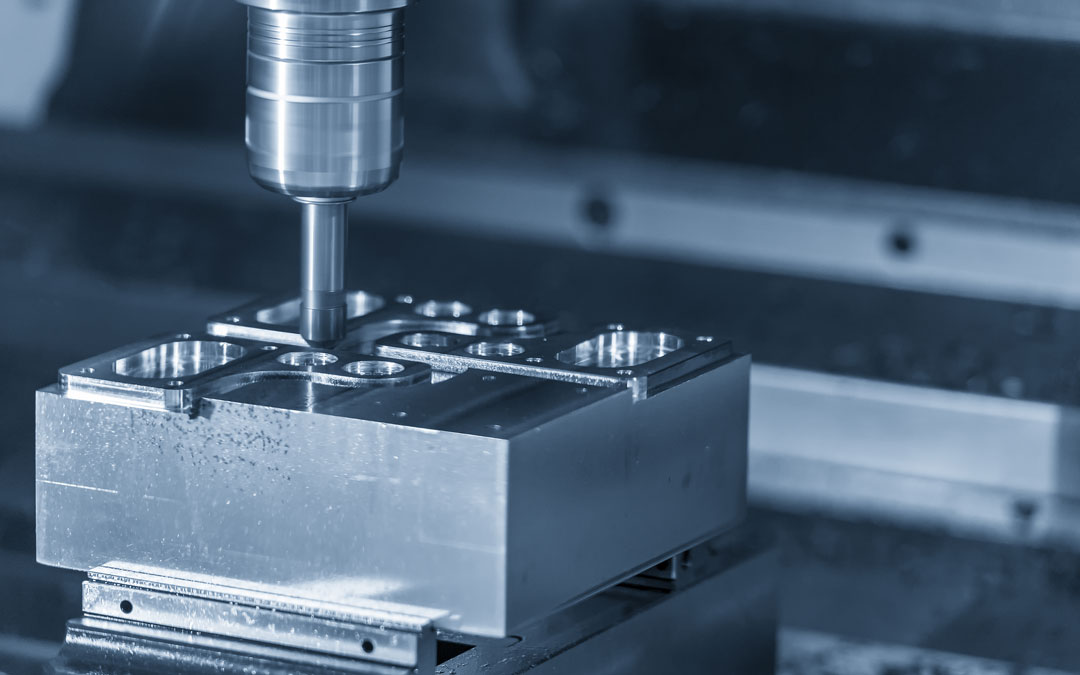The decision to become a CNC machinist is often the first step in an exciting career in the manufacturing sector which is the backbone of the American economy. So, if you’ve decided you want something more than a typical desk job, then consider taking your skills to a shop floor. But how can you know if you have the right skills to become a CNC machinist? Let’s take a look:
Find out How to Implement a VMI Strategy
CNC machinists work with machines from set-up through operation stages of production. Because they are builders, fabricators, mechanics, craftsmen, and quality assurance specialists all in one, they are critical members of engineering teams. And while computer numeric controls and automated systems have made machines “smarter,” they are not fully autonomous: they still need humans to tell them what to do, monitor performance, and ensure quality products.
Every day, machinists ensure that equipment is set up correctly and working properly so that they are producing quality parts. They must have an eye on capacity, material stock, and maintenance. Depending on the situation, they may be asked to perform quality control checks on output and reporting any issues to the CNC programmers who, by writing code, tell the machine what to do. This allows them to make any needed adjustments in real time. Depending on the shop, machinists may work on different machines throughout the facility, or they may be responsible for overseeing one, more complex machine. Finally, job responsibilities will change over time: a junior machinist will typically work under the supervision of a senior staff member, while senor and supervisory machinists are often responsible for overseeing an entire teams and machines.

CNC Machinists often start their careers as an apprentice to a senior staff member.
The best precision CNC machinists share a few common characteristics. Here are 9 personality traits every machinist should have:
- A Love for Creating Things
- Attention to Detail
- Mathematical Skills
- Time Management
- Adaptability
- Excellent Work Ethic
- Team Player
- Problem Solvers
- Drive to Become an Expert
Experience is one of the key factors for a machinist’s development; this is why many professionals will choose a degree or certification path. These programs require apprenticeships and/or internships which give aspiring machinists a chance to build real-world experience. Some companies also offer training programs. In total, it typically takes 4 to 5 years of combined education and on-the-job training to become a fully-trained machinist.
The role of CNC machinist constitutes a high-demand job, especially those with programming and advanced machinery knowledge. A 2018 Deloitte report indicated that by 2025, an estimated 3.5 million positions in manufacturing will be available, but only 1.5 million of them are expected to be filled. This indicates that there will be a high demand for workers, but there will be a low supply of qualified workers. But, with the right skills and attitude, being CNC machinist can be a satisfying and fulfilling career.





